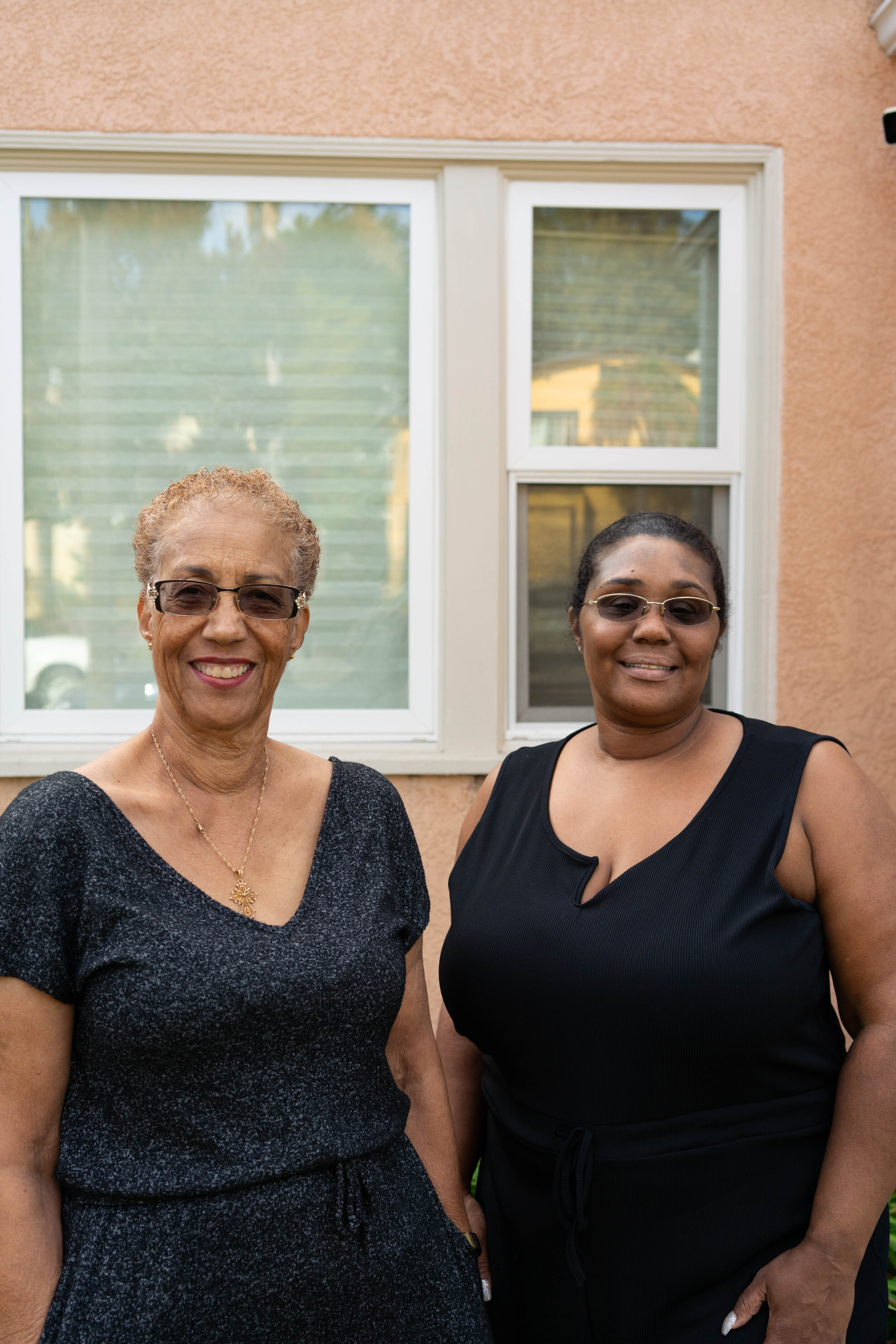
“There's a lot of seeds planted from different people and it’s all really showing up—not only in the work that you do but how you raise your children.”
- Carole & Dionne Watson (Mother-Daughter)
Interview #10 | February 28, 2021
In the steps of those who came before me
I see myself
In my mother’s voice
In my grandmother’s vision
I see myself
And I am here
Making this life my own
- Jzov Najea
Ms. Carole and Dionne Watson are a dynamic mother-daughter duo of the Bay Area. Ms. Carole, mother to Dionne, moved to the Bay Area from Nashville, Tennessee in 1985 and undoubtedly made her mark as an advocate for the community. Following through with the seeds her mother planted, Ms. Dionne established her own path to support marginalized communities through intentional work in the non-profit and business sectors.
November 22, 2020 3:00 PM PST
Narratves visited the Watson family in their East Oakland home of over 30 years filled with a rich collection of family photos, art pieces from across the Diaspora, and plaques awarded to Ms.Carole for her dedication to the Bay Area community. In this interview Ms. Carole and Dionne Watson detail some of the major changes Black folks encountered and are still experiencing due to gentrification in the Bay Area and the role higher education and family played in their individual paths of community service.
Q1: How long have you lived in East Oakland?
Carole Watson: We came to Oakland from Nashville, Tennessee in 1985 because I was offered a job as Vice President of the Bay Area Urban League. After 5 years I went to work at United Way of the Bay Area as Senior Vice President of Alameda County. In 1966, I returned to the Bay Area Urban League to serve as President and CEO. That’s where I stayed until I retired as Chief of Community Investment Officer for 7 counties in 2011. We have been in this house 33 years. Since 1988.
Dionne Watson: We lived by High Street and Fremont High School when we first moved to California and we were over there for a couple years. Then, she bought this house and moved here.
Q2: What are some key differences you see in Oakland now versus 33 years ago?
Carole Watson: People from San Francisco moved to Oakland because they couldn’t afford to live in San Francisco. And between one census, that must’ve been in 1992,10,000 African Americans moved out of San Francisco due to probably gentrification or parents being older. Even if properties were passed on to their kids, beneficiaries sold the houses and grabbed (money).
And that was painful for them because they were used to going to churches in the area, and the community center and they had a senior citizen center. So seven miles across the bridge, here we are.
It used to be thought that African Americans lived in Oakland. But just driving down 14th Street, Dezie Woods-Jones was an Oakland City council member at that time and named International Boulevard because you can see, you have Asians, Latinos, Hispanics, Blacks, Filipinos, Indians, Ethiopians all in Oakland. Like the school system had to have the capacity to send out flyers in 60 different languages.
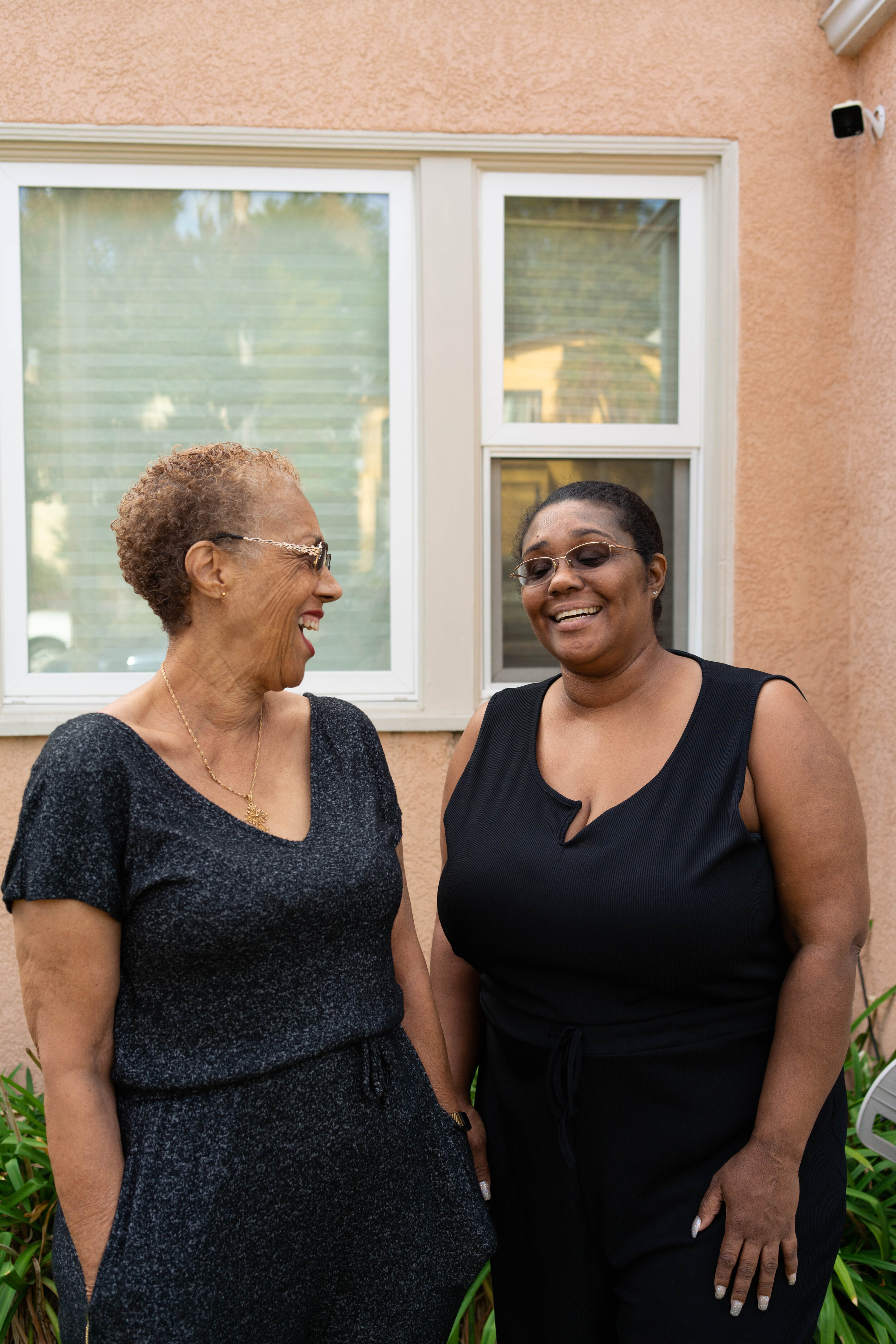
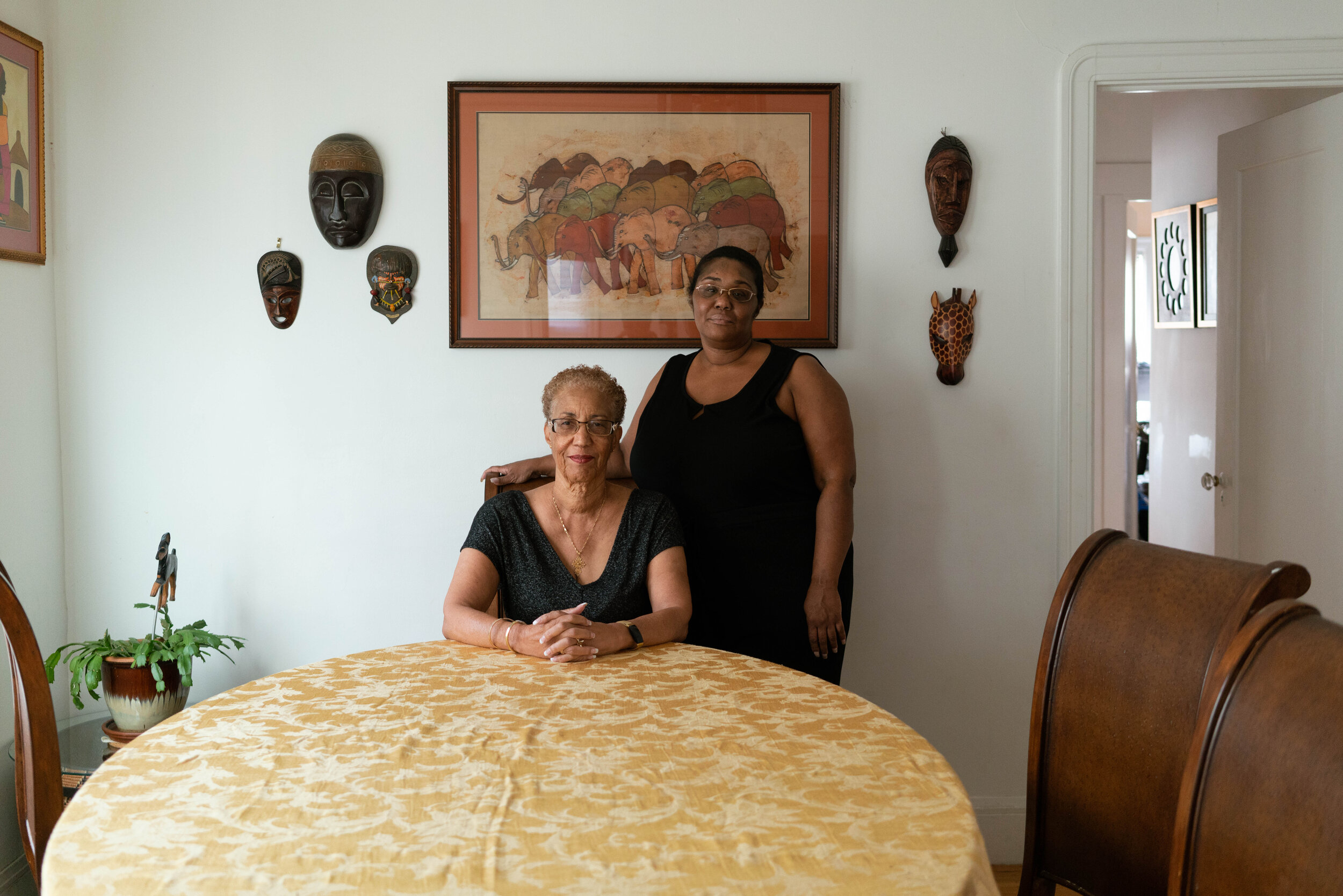
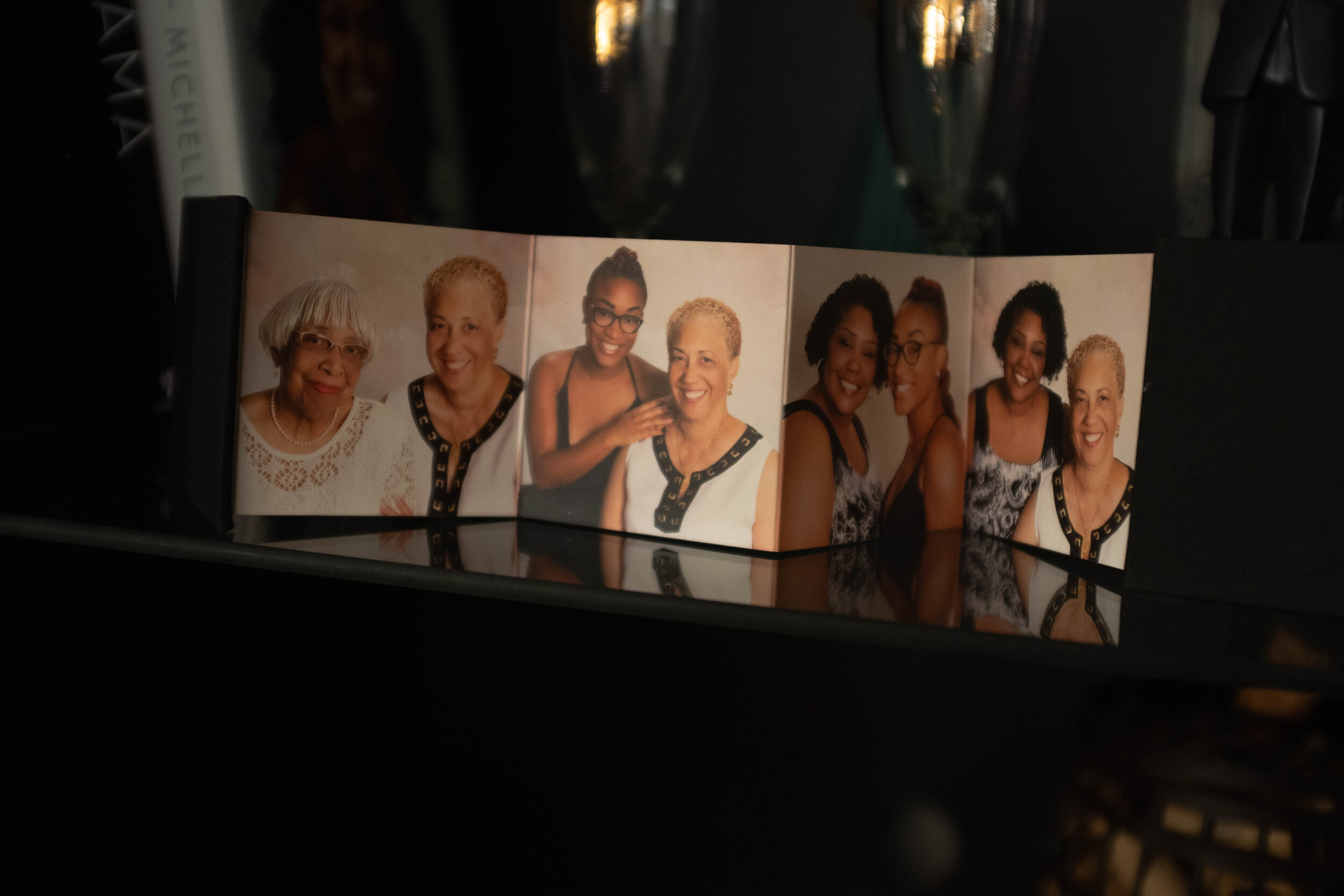
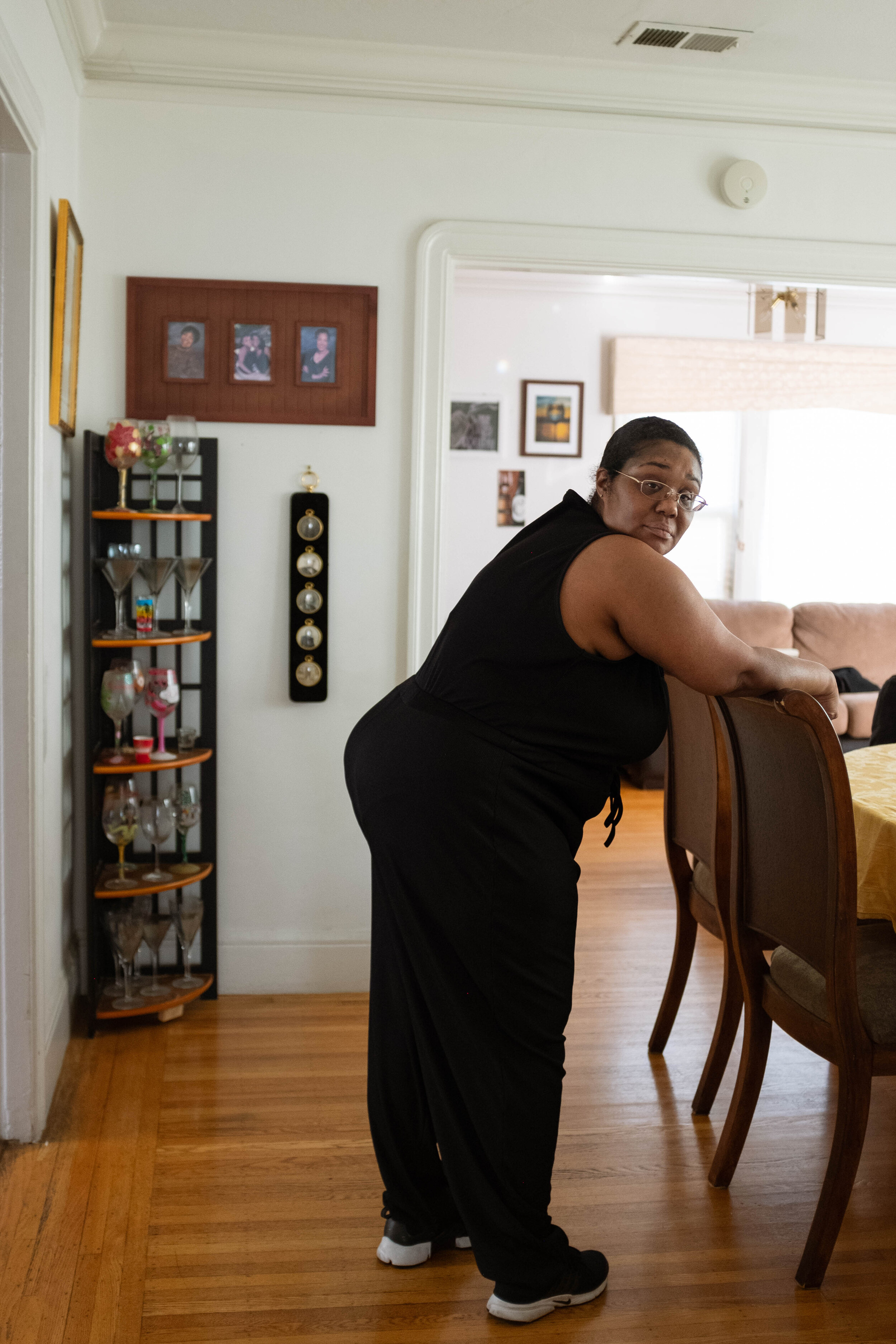
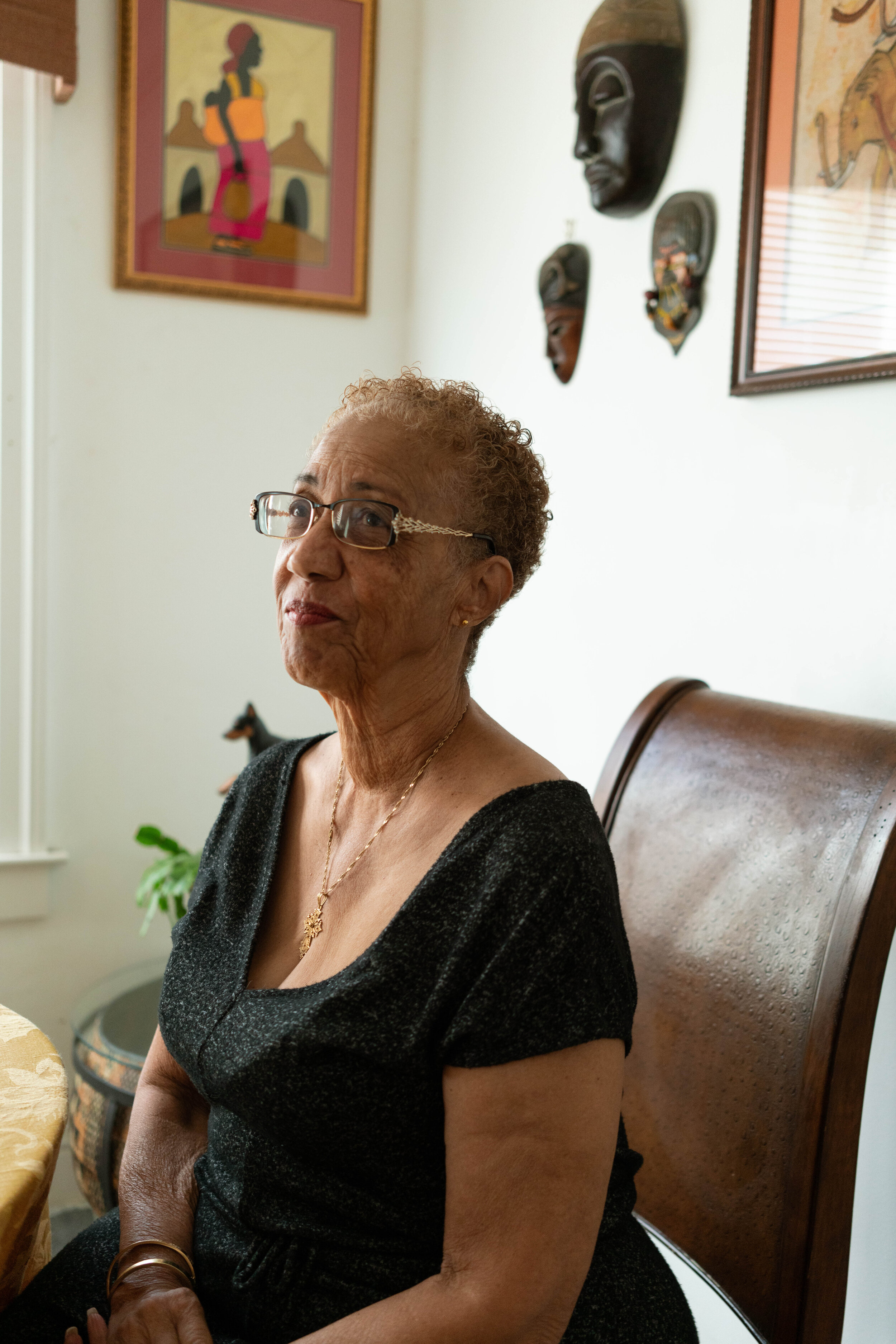
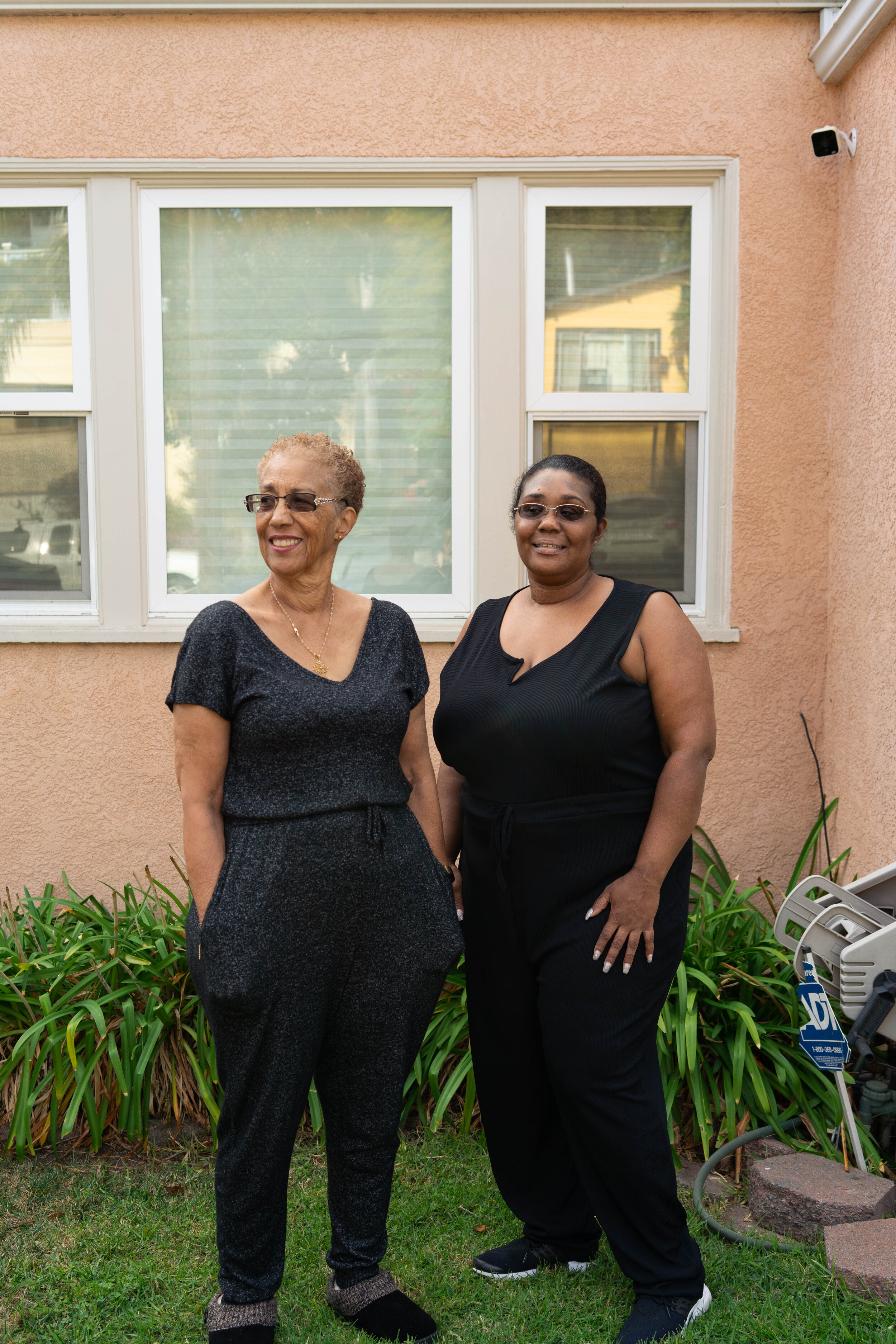
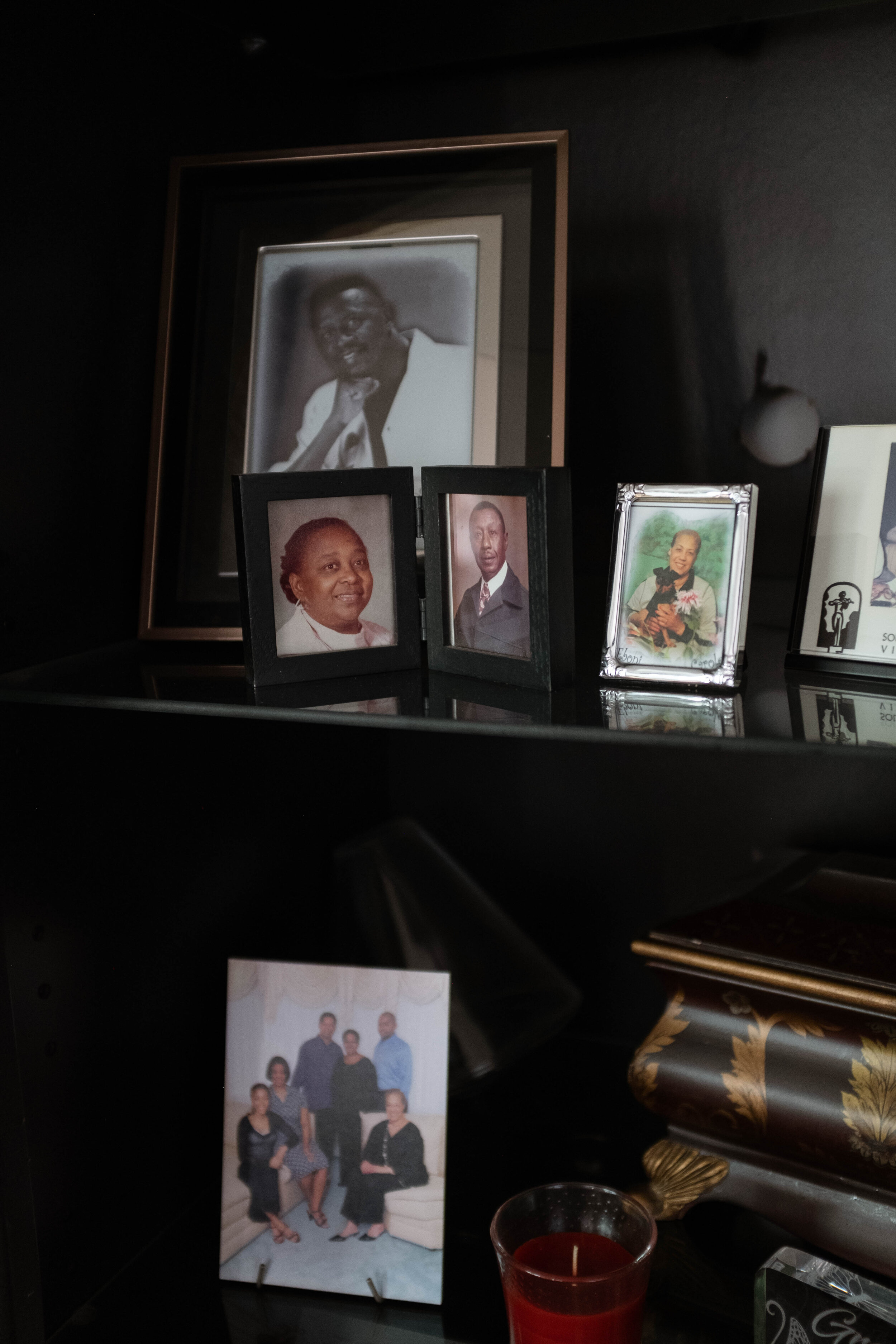
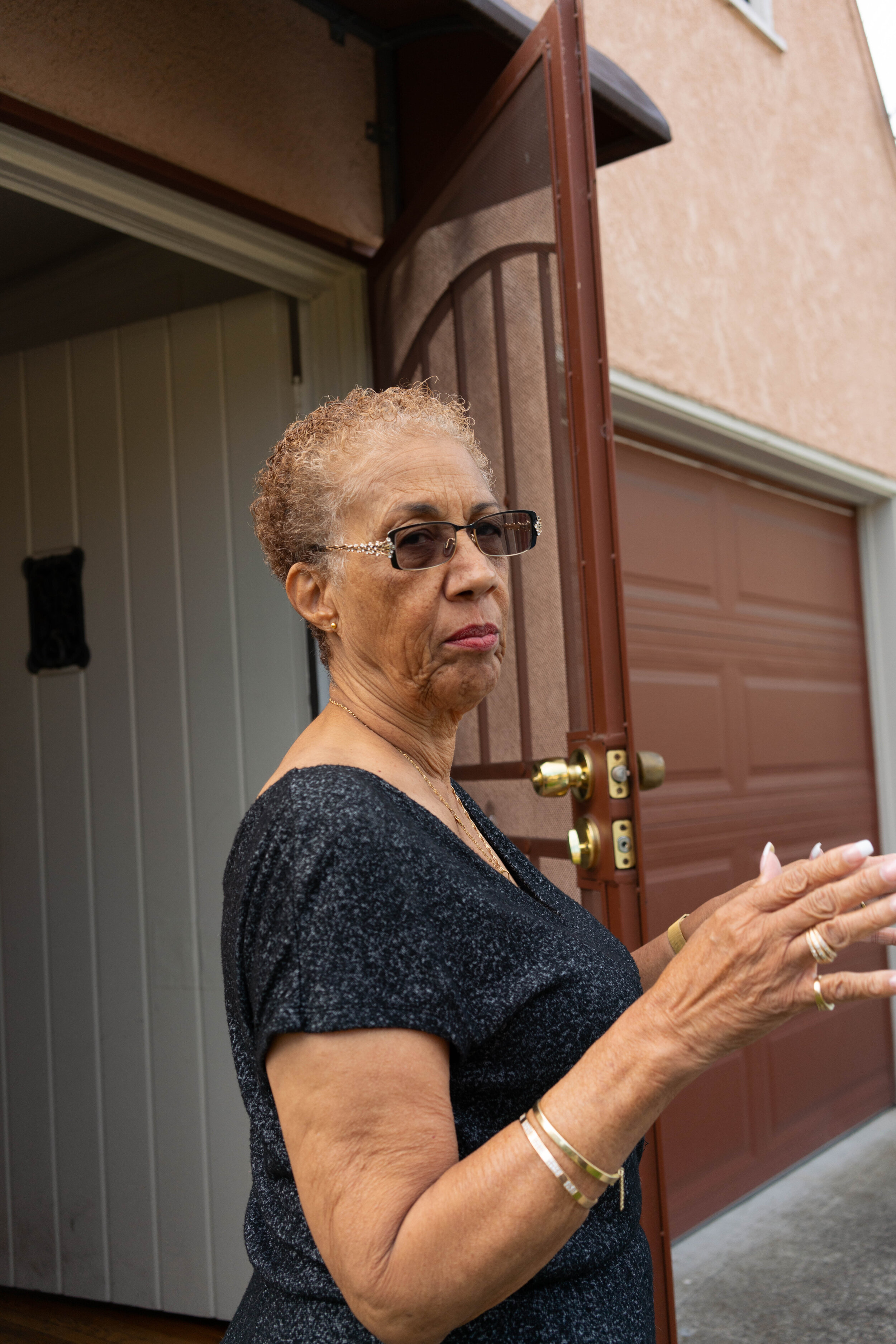
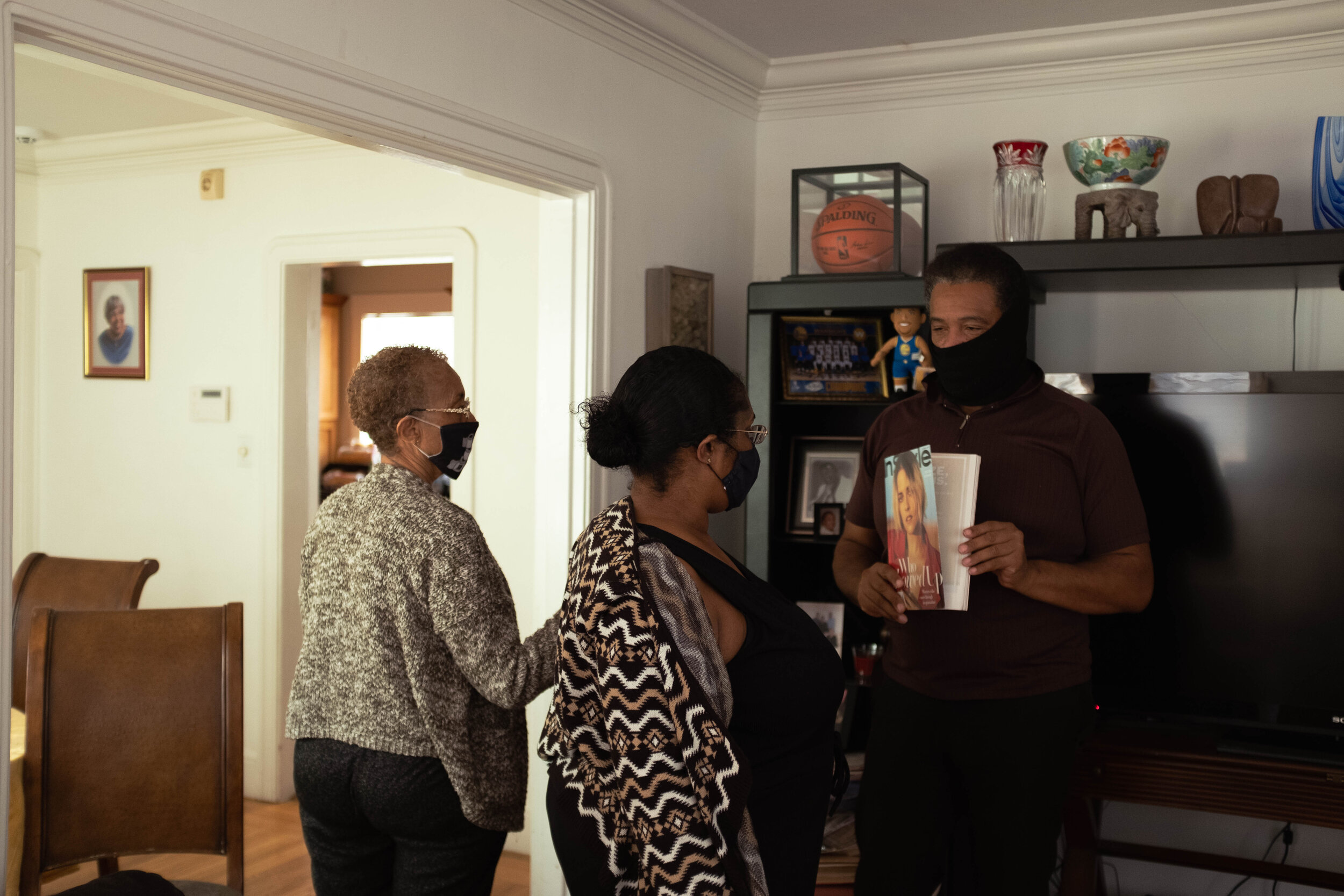
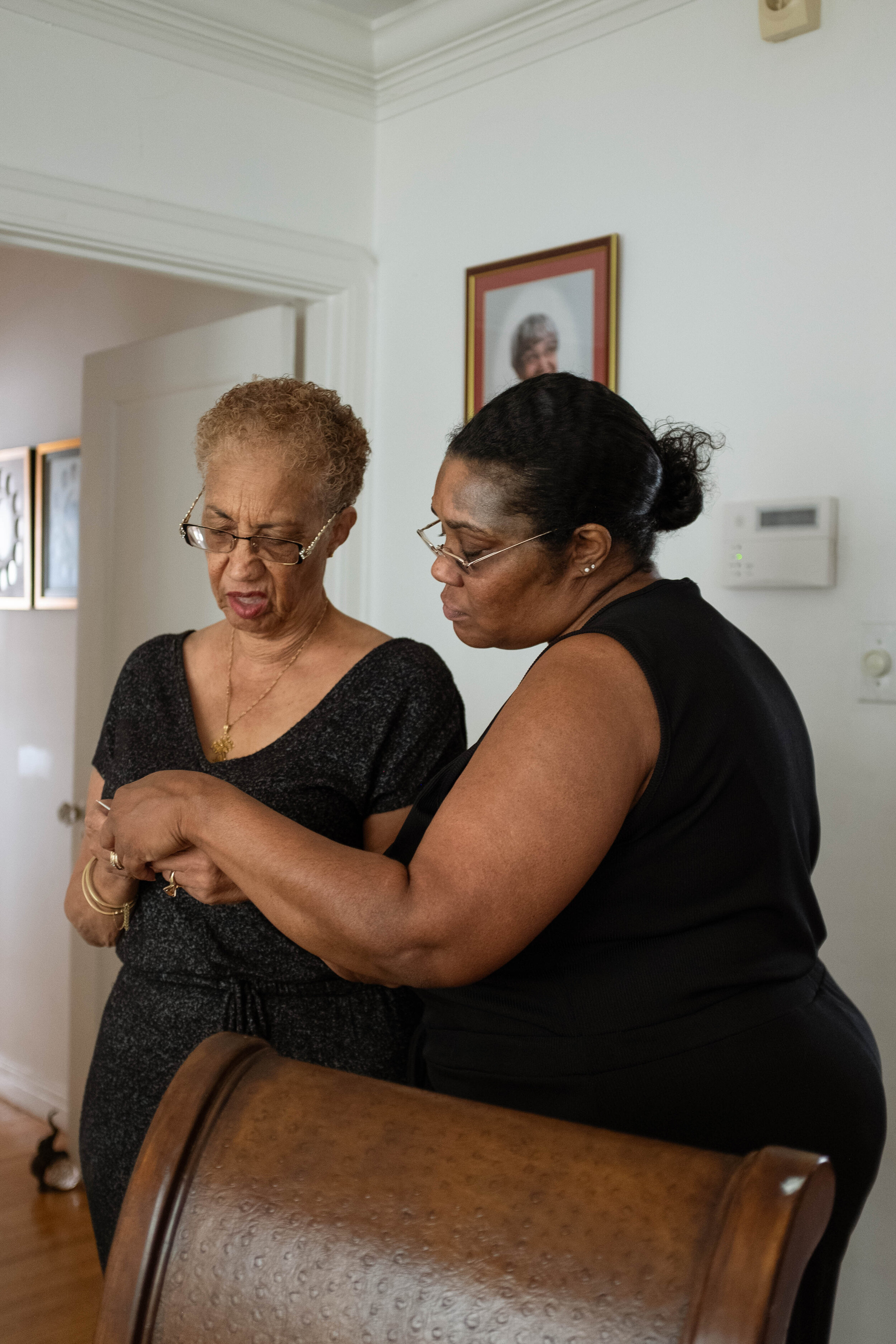
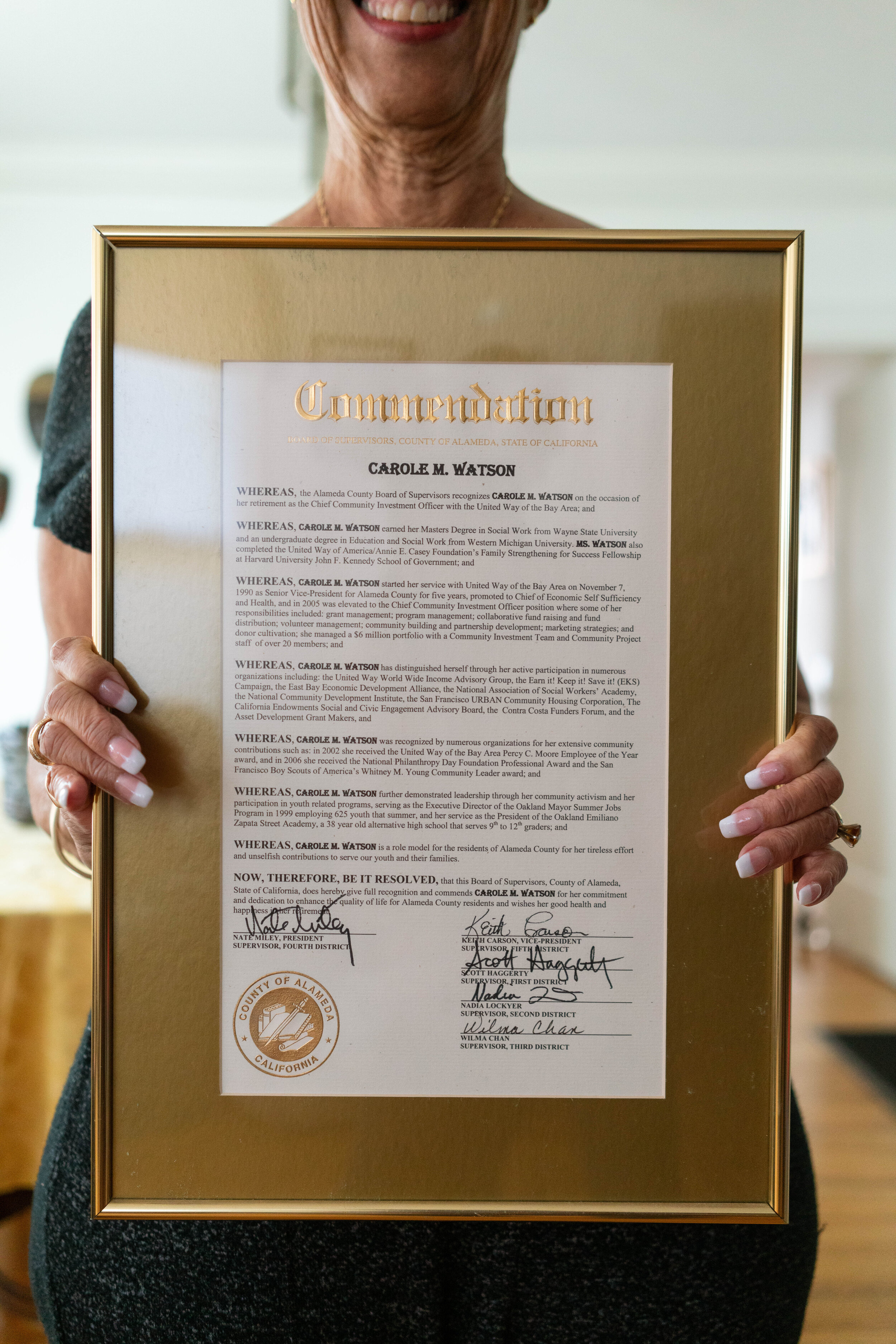
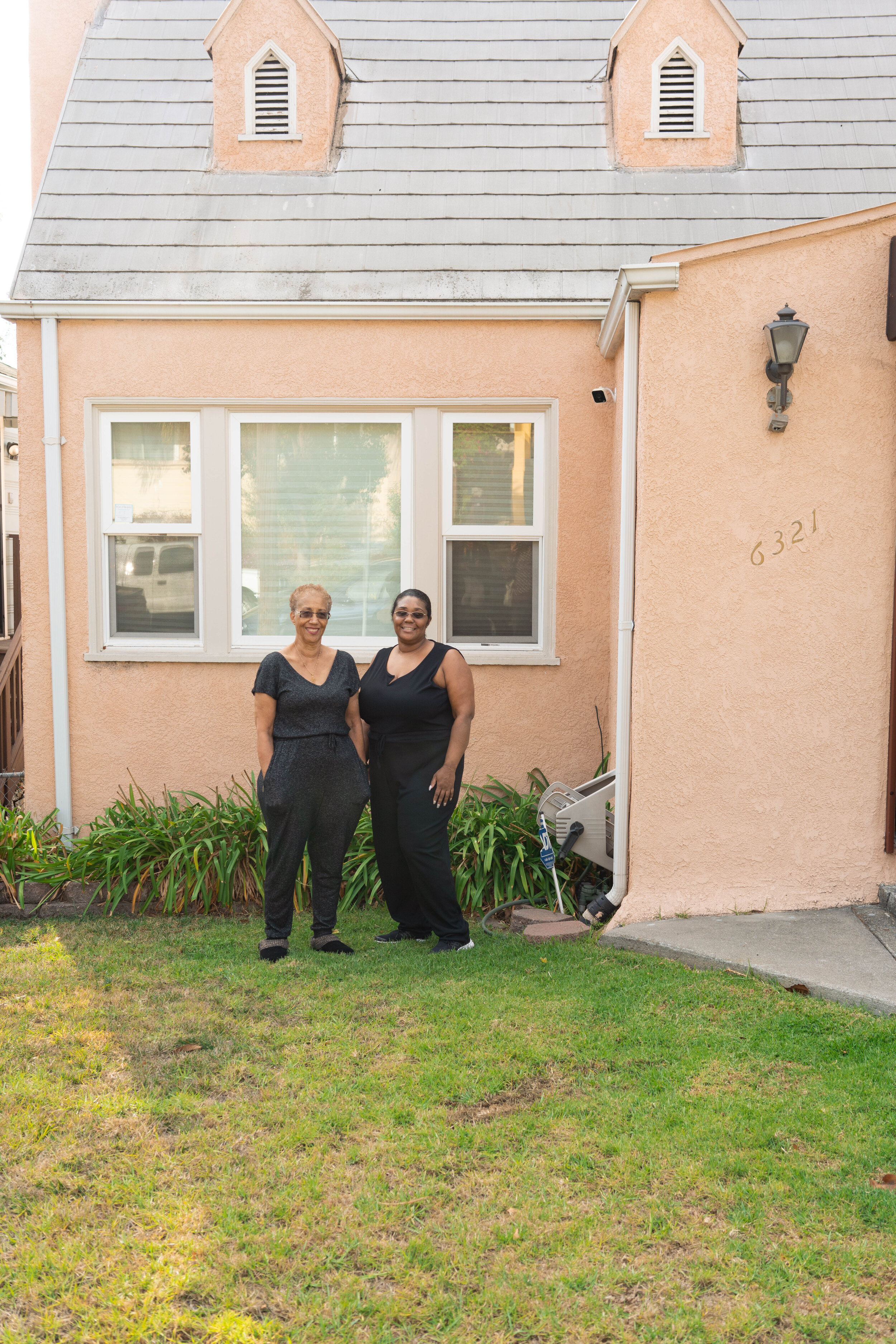
Q3: You worked in non-profits and were Chief Community Investment Officer. You were probably hearing and seeing a lot of the problems that Oakland faced. What was your experience like?
Carole Watson: When I came here the problem of homelessness was then and is still now. Because it’s a capitalistic society and everything you have to do needs money... I mean the basics of food, clothing, shelter, and healthcare. We were involved in trying to get a self-sufficiency calculator. We worked with another nonprofit to do it, which was actually connected with someone in Connecticut, who came up with a self sufficiency study. So looking at what it would take for each person in each county to live. Because there are differences in transportation costs, access to public education, and childcare was through the roof. We used the self-sufficiency calculator to educate people about what income was needed to secure basic needs.
Dionne Watson: I see people complain about the neighborhood, but I always say, ‘Well, you moved into this neighborhood’. You know, and that's the thing that frustrates me. It's like, this neighborhood has been this neighborhood. I hate to say it this way, but we still hear gunshots, you know, at night. We still hear helicopters, you still see things. So, we always laugh that we're close enough but not too far away. You know? And people say ‘You live in the hills’. I said ‘I live on a hill’. That's about all.
Q4: I would love to hear a little bit more about your family history and the importance of community engagement.
Dionne Watson: This is going to be a little hard.
Carole Watson: The reason why she's saying that is because her grandmother died May the 9th.
Dionne Watson: She caught COVID and passed away, but she was 99. So let's understand that she lived a long life. So, my grandmother was a teacher.
Carole Watson: Yes. She got a Master’s Degree in Elementary School Counseling, then she finished the first year with a Master Degree in Social Work which earned her an Educational Specialist Degree and enabled her to be a Michigan State school social worker.
Dionne Watson: I have to stop just because if you realize that my grandmother had a Master's and ended up going to college at a time when many women weren’t doing that. So, I want you to think about a Black woman going to college in the 1940s to get a degree and then to go on and get a Masters is pretty big.
Carole Watson: She was raised in Harlem. My grandmother did day work and that's how she, you know, went through college. I found out as we tried to get some history that she worked in high school as the secretary at the National Urban League. Who would've thought that I would end up working at the Urban League.
I wanted to be a school social worker. So, when I went to college at that time I had a social science major and social work minor because social work programs had not been accredited. And during the summer, I worked at a Jewish camp that had over 700 acres. And that last summer they gave me space in my schedule so I picked up a history minor and then they assigned me to a school in Vicksburg, Michigan that was for slow learners.
I got my masters in 1970 from Wayne State and I worked at the Community Health Center that was getting funding from the National Institutes of Health. And then, as well, I met her father. And then he moved to Milwaukee. I finally got a call from Chicago public schools and I started working in the preschool program and then the call came from her father. So we moved and got married in Milwaukee. So, I tell people, ‘So much about planning what you ought to do’. So yeah, I've had a life like that.
Dionne Watson: Yeah, but I think we all did. I didn't plan on going into anything, either. I mean, I got my degrees while I was in school. And even when I got my first degree, my grandmother showed up and said, ‘You still got two more to catch up to me’. My dad got a law degree with a juris doctorate. He later got a Masters Degree in Public Health Administration at the University of Southern California. So that's how education has always been in our house. There's always something that is getting ingrained in us that tugs on our heart to want to do something for the community, not just work and make money, right? Because I started out doing volunteer work in different places and doing different things. Then, I worked for all these for-profit places. And then it was engineering. And then finally I went to work at United Way, literally, a month after she (Carole) retired.
Even on my dad's side, his mom and my grandmother on that side were teachers as well and went to college. There's a lot of seeds planted from different people and it’s all really showing up --- not only in the work that you do but how you raise your children. And I think that’s very beautiful to kind of see the ripple effect.
The core of this story speaks to the meaning of legacy. Ms. Carole shared how her mother established a precedent of learning and service that has been practiced throughout generations. Both Ms. Carole and Dionne used education as a tool of service; however, they each used different pathways to engage with the community. There is no one way to serve the community or even continue a legacy; the key is to always walk in our truth because this is how we keep meaningful legacies alive.
RESOURCES/REFERENCES
Congressional Record (see bottom right of E1142)
CONTRIBUTORS
By Sheilby & Jzov
NARRATVES
As we continue to build, please note that NARRATVES operates solely on donations and does not receive funding. Please consider making a donation to help sustain our platform and projects
Images taken by Sheilby Macena , GALLERY HERE
